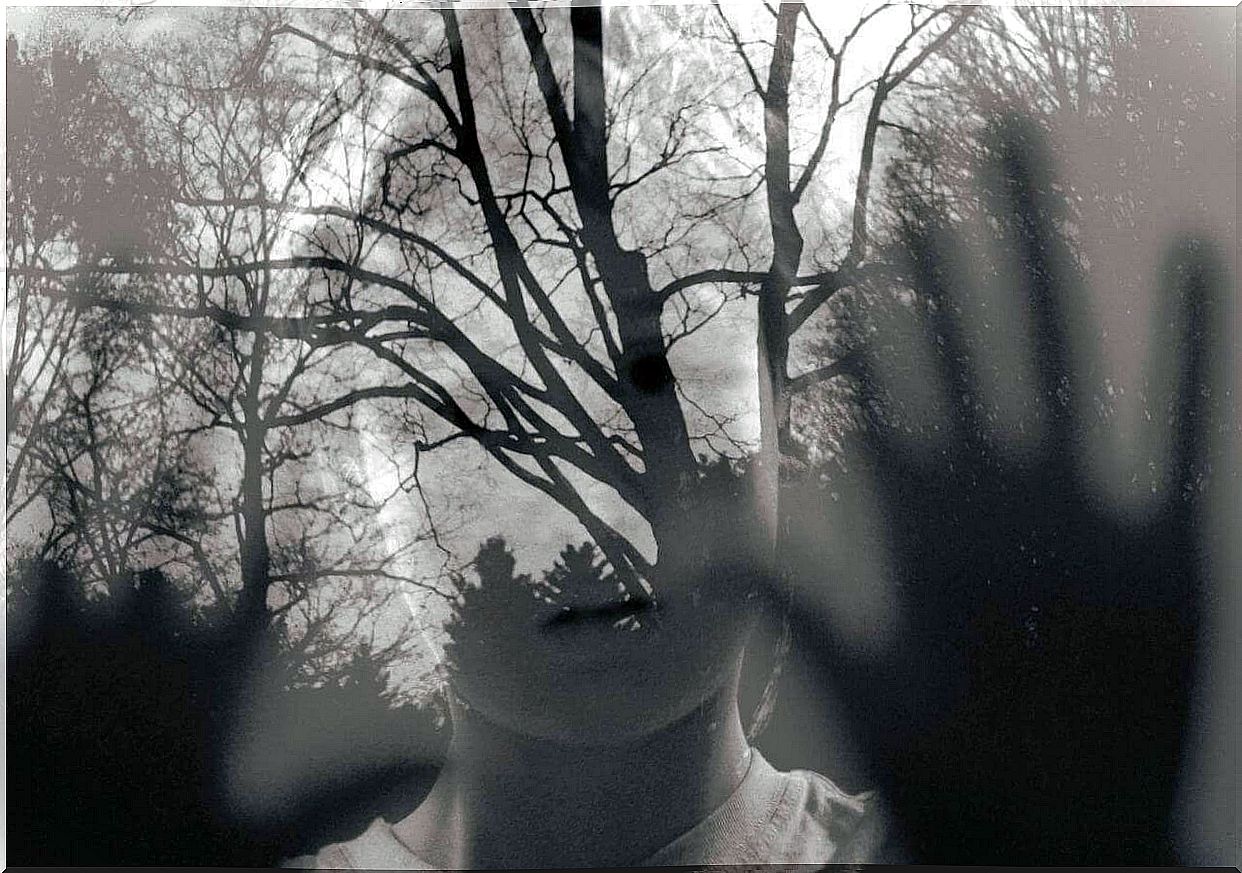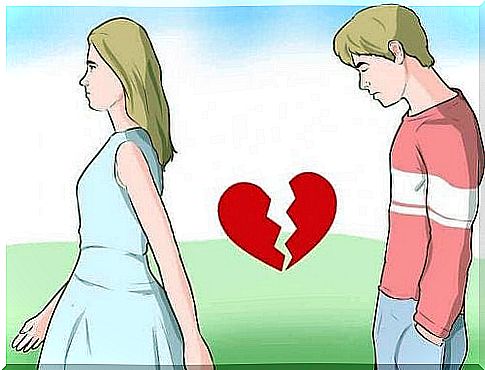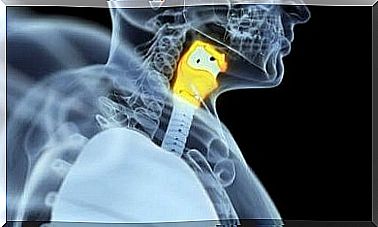The Grieving Process And The 5 Stages Of Grieving

After a heavy loss, we all go through a grieving process. However, there are a number of ways to make that process more bearable.
The door to this process opens when:
- a relationship ends
- you lose your job
- a loved one disappears from your life forever
Regardless of the loss, you will go through several steps. Today we are going to delve into it.
You can’t avoid the grieving process
You can try to avoid going through a grieving process. However, at some point you will have to deal with your grief.
If you end up in a relationship and you try to avoid the grief, you will probably find another partner very quickly. That way you avoid the first stage of the grieving process. That’s not healthy, because you start a new relationship without being prepared for it and you don’t give yourself a chance to finish the previous chapter.
What are the different steps of grief?
Denial

In this first phase you deny what happened. You deny that:
- a loved one is gone
- the relationship with your partner is broken forever
- you are no longer needed at work
Denial is a way of closing your eyes to what is happening in reality. People do that because the memory of what happened hurts them. Sometimes people even make up stories for themselves. For example, the deceased is supposedly on a trip, or the ex just needs some space.
However, this denial phase has its own end, when the time is right.
Fury

When you stop denying and realize what happened then things change. You get mad at the person who left you, regardless of whether they died or dumped you.
You will start to think things like:
- “Why me?”
- “It’s their fault!”
- “I do not deserve this.”
- “I will never forgive him or her.”
It is a stage where you blame the other person for your pain and hold him or her responsible for what you feel.
Find apologies

After anger, you begin to feel hope that the loss may still be undone. You begin to look for excuses to restore what you have lost.
- In the event of a death, people try to contact their loved one through a medium or other people who claim to be able to speak to the dead.
- In a broken relationship, people may try to get their partner back and make them fall in love with them again.
- When they lose their jobs, people sometimes try to be rehired at the same company.
If you eventually manage to reverse the loss, you interrupt the grieving process. However, if you lose that person or job again, it will be a lot more painful to continue the grieving process.
Depression

When you have overcome the previous phase and you realize that there is no going back then you usually start to feel sad.
Sadness is simply the sign that you are subconsciously accepting what has happened. You know it’s all over and your tears will help you get the pain out and move on with your life. However, you must be careful not to get stuck at this stage, as prolonged depression can be disastrous for your health.
Acceptance

This is the last stage, where you finally accept the loss. You no longer have any hope of recovering what was lost. Therefore, you accept what happened, learn from it, and move on with your life.
It is a great stage where you can remember the good and learn from the bad.
Perhaps this stage does not bring immediate relief, but instead brings with it emotions such as:
- despair
- sadness
- apathy
- fatigue
In time, however, you will experience joy and the will to move on with your life.
We all go through a grieving process at some point in our lives. When you have completed this process, you will ward off any grudges, let go of the past, and move on with your life.
Have you ever felt that you were stuck in one of the stages of grief? Then don’t worry: you’ll eventually get to the last stage.








